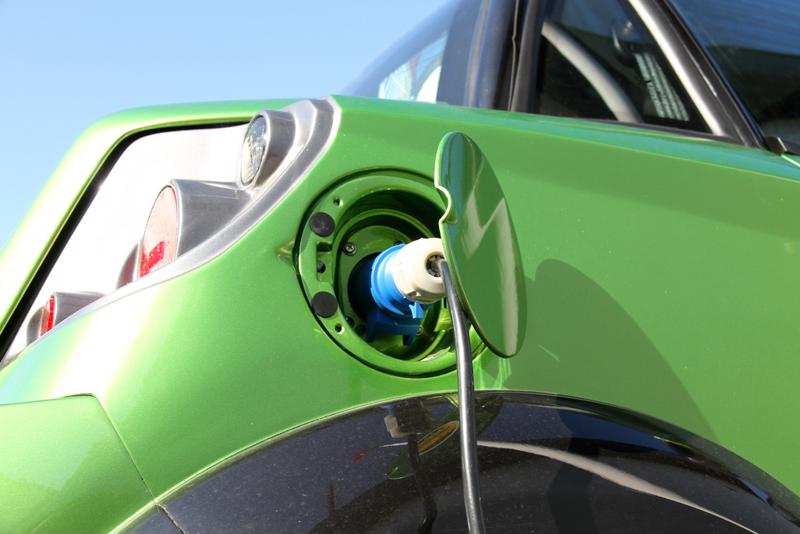

Most of us are aware if not have already jumped on the electrical bandwagon that's driving us into a supposed "cleaner" future. But just how far are we to saving the world?
Electric vehicles (EVs) are becoming one of the most popular transportation options in the United States. They're also one of the most environmentally friendly choices available. By cutting out the need for gas and petroleum, electric cars contribute to a cleaner, more sustainable environment. Additionally, electric cars are able to charge on renewable energy sources like solar or wind power. This helps reduce our dependence on finite fossil fuels and limits the release of greenhouse gases into the atmosphere. Because of their environmental benefits, electric cars should be at the forefront of any climate change action plan.
Thanks to innovations in battery technology, EVs have more range and faster charging times than ever before. Plus, they're environmentally friendly and save on fuel costs. As a result, more people are choosing to buy electric cars. From Tesla's luxury models to the more affordable Nissan Leaf, there's a wide variety of options available today.
EVs are great for reducing our dependence on oil, but they are only effective when they are used in combination with other measures. Even as more manufacturers and dealers commit to a future of electric over gasoline and states like California intend to ban new gasoline cars by 2025, there's still a ways to go.
However, one thing remains the same: EVs still have some growing up to do before they can replace traditional cars completely. For one thing, they're much more expensive upfront. And with limited charging stations and charging times, it can often take several hours to fully recharge your car. But as electric car adoption grows, these problems will hopefully become less of an issue in the future.
EVs are a good first step toward reducing our impact on the environment, but they are not a silver bullet that will solve all of our environmental problems. To truly save the planet, we will need to reduce our reliance on oil and embrace more sustainable forms of energy like solar and wind power across more than just our mode of transportation.

In terms of the environment, electric vehicles are an obvious winner. They emit zero emissions, making them much cleaner than their conventional counterparts. In addition, they're very energy efficient, which reduces the need to produce more fossil fuels. Finally, they're also quiet and smooth on the road, making them very pleasant to drive. As such, they have the potential to play a key role in reducing our dependence on fossil fuels and improving air quality.
It's clear that electric vehicles have a lot to offer the environment. And given their growing popularity, it seems likely that this trend will continue for some time to come.
It's going to take a lot more embracing of the electric way of life before we see real movement on a climate action level. There are many factors that need to be addressed that will contribute to the wider acceptance and accessibility of EVs to the general public.
Some of these factors include:
The costs of electricity and maintenance.
The range and charging time of electric cars.
The availability of charging stations.
The need for a change in infrastructure.
Large manufacturers, from Mercedes to Ford and beyond, continue to reveal electric-powered alternatives to their long-time gas-powered counterparts. It's only a matter of time, as industries and supply catch up, that they will become a much cheaper option for prospective customers,
Greening Testing Laboratories is a fully certified brake testing lab that provides a variety of brake testing services worldwide. Contact Greening for a complimentary consultation.